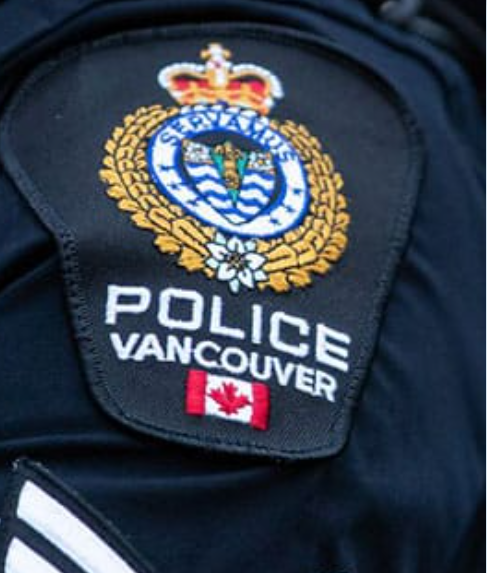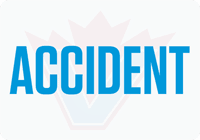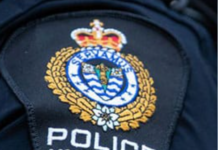VANCOUVER Police announced on Tuesday that data has confirmed there was a dramatic drop-off in small drug seizures after decriminalization came in to effect in B.C. last year, with officers no longer confiscating drugs weighing less than 2.5 grams that are covered by the exemption and possessed for personal use.
During the first nine months of the program, VPD made no possession seizures under 2.5 grams for drugs and circumstances outlined in in the Health Canada exemption for decriminalization. In that same period, total drug possession seizures dropped 76 per cent in Vancouver compared to the previous four-year average.
“We support a caring and compassionate approach to solving the toxic drug crisis,” said Inspector Phil Heard, who oversees VPD’s Drug Unit.
“We don’t support putting people in jail simply because they use drugs or struggle with substance-use disorder. We believe that the decriminalization pilot is an important part of a larger strategy that is required to respond to the ongoing crisis.”
The three-year Health Canada exemption, which took effect January 31, 2023, decriminalizes people in possession of small amounts of opioids – such as heroin and fentanyl – along with cocaine, methamphetamine, and MDMA in cumulative quantities of 2.5 grams or less.
“The VPD has, for many years, understood that substance use requires a health-led approach, as opposed to a criminal justice one,” said Heard.
“Before decriminalization, VPD officers rarely made arrests or recommended criminal charges against persons found with small amounts of illegal substances, unless there were aggravating factors. Still, there were times when police were required by law to seize and destroy small amounts of illicit substances from drug users which we recognize often led to unintended harms. Thankfully, the Health Canada exemption has eliminated these requirements.”
As a result, fewer substances are now being seized from people who use drugs.
Key Metrics:
- The total number of possession seizures below the 2.5 gram exemption threshold covered by the exemption decreased 100 per cent during the first nine months of the drug decriminalization pilot, compared to the previous four-year average
- All drug possession seizures, regardless of weight, decreased 76 per cent during the first nine months of the decriminalization pilot, compared to the previous four-year average
All frontline VPD officers received in-person briefings and took online training prior to the decriminalization pilot, and as of January 2024 more than 1,110 VPD officers had completed online courses to familiarize themselves with the Health Canada exemption. All new recruits and experienced officers are now required to complete training when they are hired.
Support of the Health Canada exemption is in line with the VPD’s track record of progressive drug policy, which focuses enforcement efforts on violent criminals and organized crime groups that produce and traffic the harmful street drugs that are fueling the drug toxicity crisis.
In 2003, VPD supported the creation of Insite – at the time, the first supervised injection site in North America.
In 2006, VPD became the first Canadian police agency to stop routinely attending overdose calls, in recognition that automatic police attendance could be a barrier to people calling 9-1-1 in medical emergencies.
VPD has also been a leading advocate for the safe supply of substances to combat the harms associated with the toxic illicit drug supply, and believes that harm reduction strategies, when combined with prevention, education and appropriate enforcement, can reduce the number of lives lost due to illicit drug toxicity.
The Health Canada exemption contains exceptions that limit drug possession in circumstances that pose a risk to members of the public, namely youth. Places and circumstances that are exceptions to the Health Canada exemption include:
- On the grounds of elementary schools, high schools and licensed child care facilities.
- In a motor vehicle or watercraft, drugs cannot be readily accessible to the driver.
- Within 15m of any public outdoor: play structure at a playground, spray pool or wading pool or skate park.












